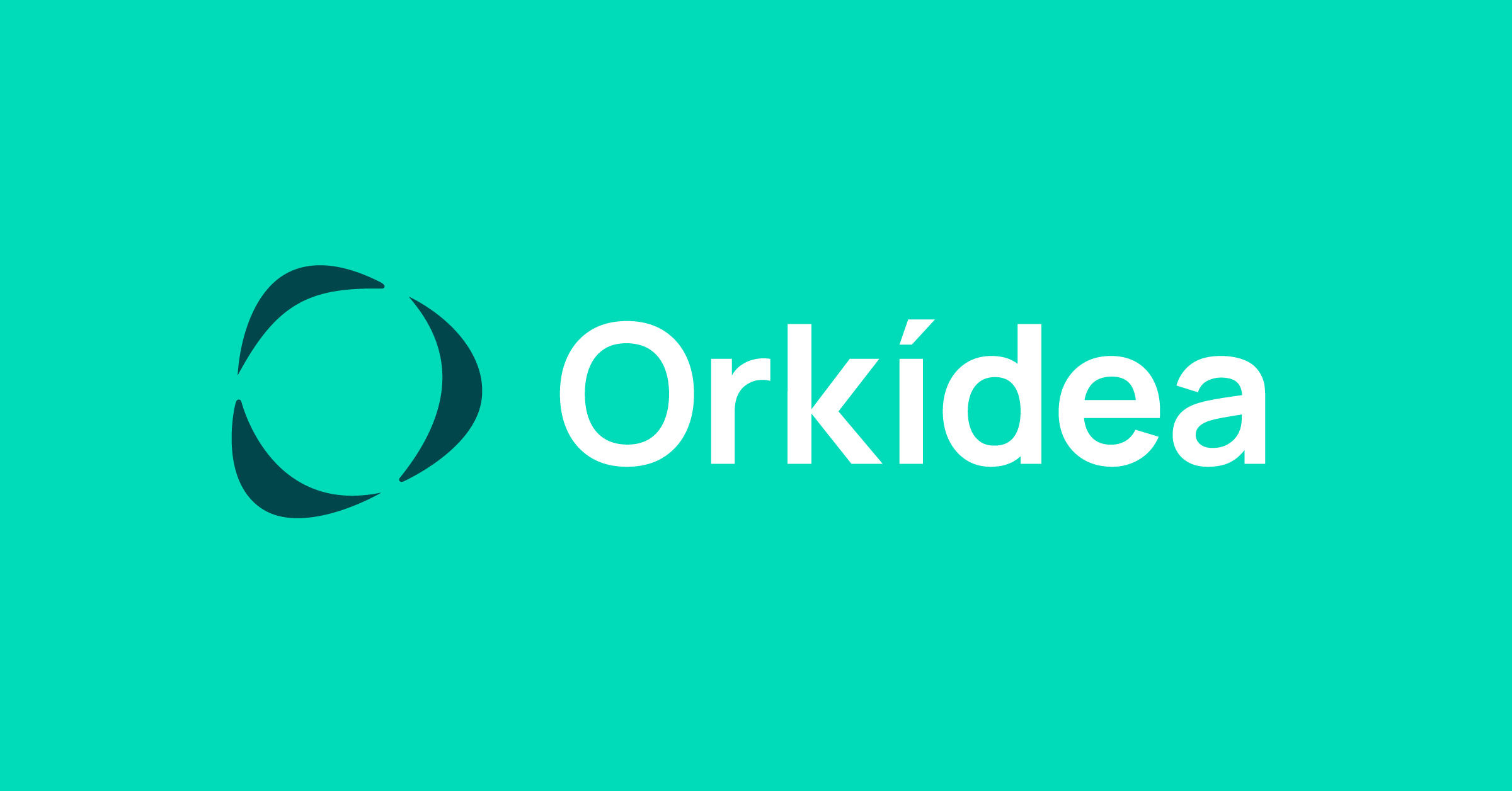A new platform for innovation and research in the South
Orkídea er samstarfsverkefni um nýsköpun á Suðurlandi á vegum Landsvirkjunar, Samtaka sunnlenskra sveitarfélaga, Landbúnaðarháskóla Íslands og sjávarútvegs- og landbúnaðarráðherra. Helga
A new platform for innovation and research in the South Nánar »


